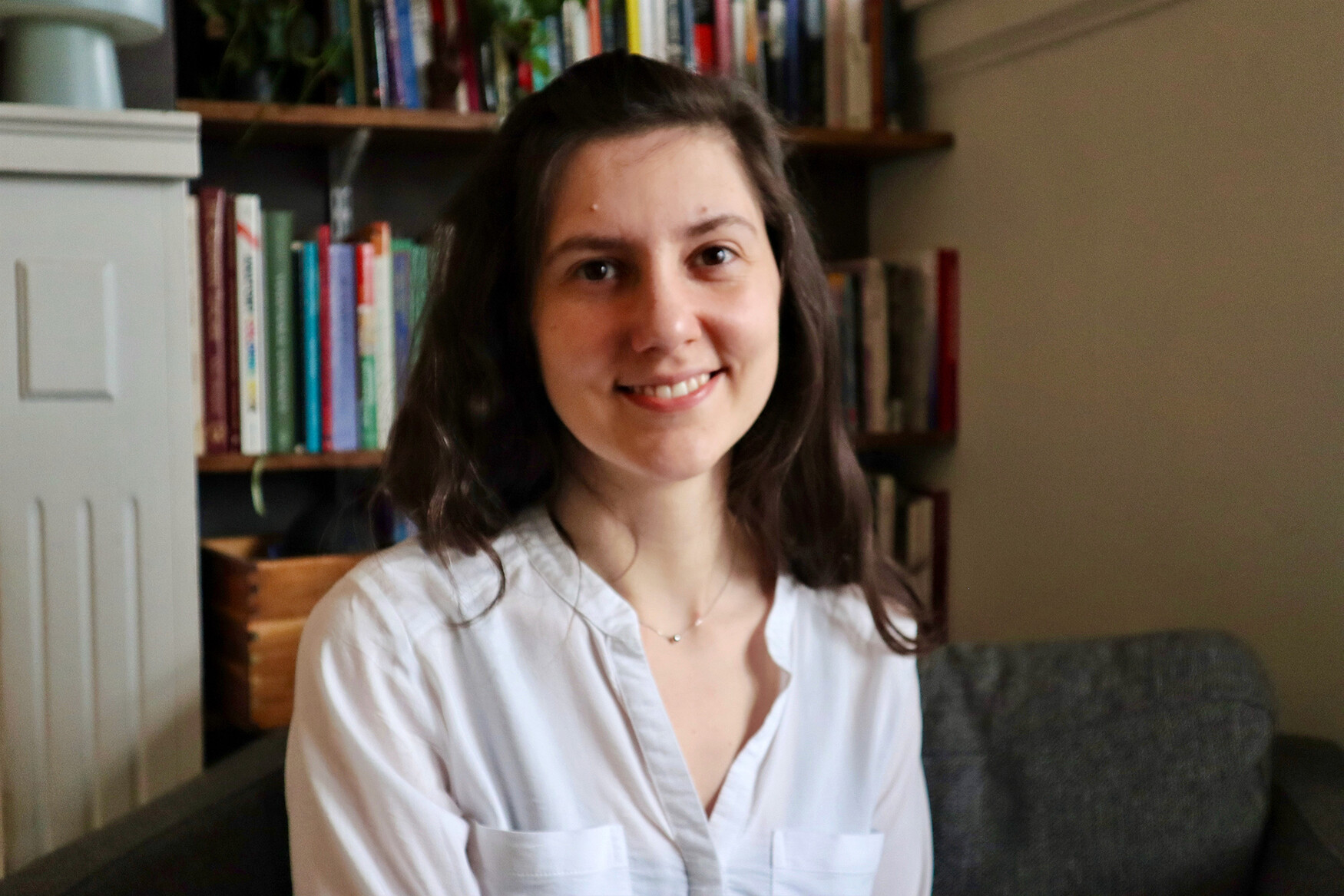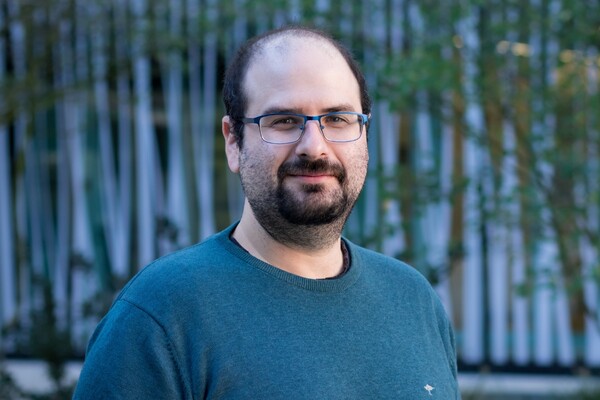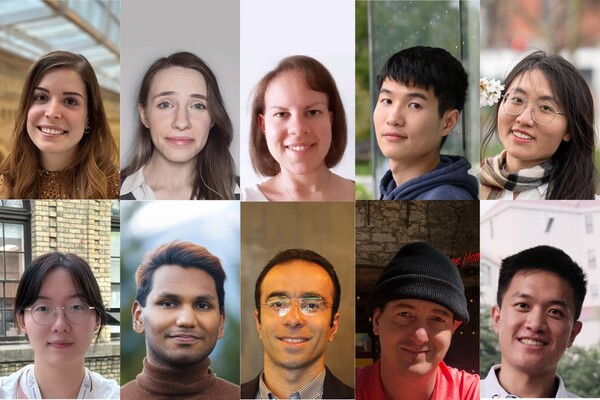Main Second Level Navigation
Marina Musa Wins Charles H. Best Fellowship

Things did not go according to plan for Marina Musa when she arrived in Toronto last March to start her postdoctoral research. As the country shut down in the wake of the coronavirus pandemic, she spent the next three months confined to an unfamiliar apartment thinking about science instead of doing it.
“It was not a great time,” she says of the first lockdown. “But there was time to narrow down what we need to prioritize and how to go about things, so once the labs reopened it was full steam ahead.”
Such ambition and determination are only fitting for a Charles H. Best Fellow, a recognition that Musa won after a competitive selection process involving a pool of top caliber international candidates. The prestigious fellowship is awarded annually by The Charles H. Best Foundation to a postdoctoral researcher in the Donnelly Centre whose research has potential to benefit society.
“I feel very fortunate and honoured, first by the chance to work with Dr. Andy Fraser and then by this fellowship,” says Musa. “What we are studying is essentially a biological puzzle with the host, the parasite and the microbiome all affecting each other, and there is a lot of variability and uncertainty, and this fellowship is a great encouragement to continue with research. I am very excited to see where this project takes us in the future.”
The award decision was made by the fellowship committee co-chaired by Donnelly Centre Interim Director Charles Boone and Director of Research Operations & Strategy Sara Sharifpoor, with Centre’s investigators Brenda Andrews, Peter Roy, Tim Hughes, Hannes Röst and Mikko Taipale as members.
Musa joined the lab of Andy Fraser, a professor of molecular genetics, to study the metabolism of parasitic round worms, also known as helminths, which infect the guts of about one billion people worldwide. Infections occur predominantly in the developing world and, if left untreated, can impair development and health in the long term. New drugs are urgently needed due to a growing resistance among the parasites to existing medications.
Musa is approaching the problem from a new angle. She is investigating how the bacteria in the worm gut—the worm microbiome— contribute to infection. Her goal is to identify the chemicals produced by the bacteria that are essential for the parasites’ survival in the low oxygen environment inside the host gut.
The team previously uncovered a metabolic process that allows parasites to survive without oxygen for long periods of time. Moreover, they were able to mimic this airless environment with cyanide, a drug that prevents oxygen from being used for respiration. This let them activate the same metabolic pathway in a nonparasitic worm known as Caenorhabditis elegans which is widely used in research, allowing them to study a key aspect of parasite biology in a lab dish.
“Parasites are difficult to study, because one would need to study them inside the host, so we would be dealing with two organisms in addition to a complex microbiome," says Musa. "In the context of our project it would be nearly impossible to work directly on parasites. That is why we use C. elegans — we can see the same metabolic process in worms crawling in the dish.”
The secret behind the parasites’ ability to survive without oxygen lies in a molecule called rhodoquinone, or RQ. Musa will investigate how the worm’s gut bacteria affect the RQ metabolism. Because RQ is present only in the parasites and not in their hosts, this opens a way to specifically target the parasites without harming the infected humans.
Although Musa will study this in worms in a dish, the human gut is more like a jungle, teeming with different bacteria. If changing these bacteria, the so-called human gut microbiome, can alter the way the parasites can make and use RQ, this opens up a new way of targeting the parasites through changes in the host microbiome.
“The end goal is once we have identified some of these pathways to see if we can manipulate the microbiome of the host to reduce the parasitic load,” says Musa.
The crisis wrought by coronavirus was not the first time Musa faced uncertainty. She hails from Mostar, a historic town in Bosnia and Herzegovina famed for its majestic Ottoman stone bridge, which saw heavy fighting during the 1990s civil war that led to the breakup of Yugoslavia. After completing secondary school, Musa won a scholarship to study at Grinnell College in Iowa where she obtained a degree in biology. She next joined Dr. Anita Kriško’s lab at the Mediterranean Institute for Life Science and the University of Split, Croatia, and later at the University of Göttingen, Germany, for doctoral studies where she investigated how protein maintenance and homeostasis affect aging.
With her postdoctoral project now in full swing, Musa is looking forward to the easing of pandemic restrictions so that she can explore her new city.
“Most of what I’ve seen of Toronto is still a pared down version,” she says. “I am very excited, next summer to explore the city properly. There are lot of things to do and see.”
News



